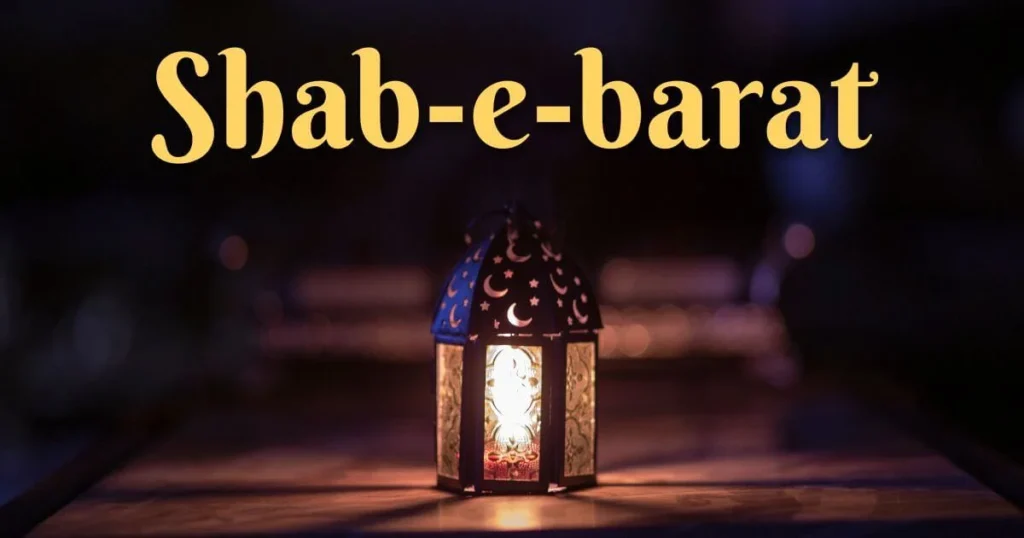Shab-e-Barat, also known as the Night of Forgiveness, is a significant and sacred occasion observed by Muslims around the world. Falling on the 15th night of the Islamic month of Sha’ban, this night holds great spiritual importance, marked by prayers, reflection, and seeking forgiveness. In this article, we will explore the significance of Shab-e-Barat and the spiritual practices associated with this blessed night.
Historical and Religious Significance: Shab-e-Barat is deeply rooted in Islamic traditions, and its significance can be traced back to various Hadiths (sayings and actions of Prophet Muhammad, peace be upon him). It is believed that on this night, Allah (God) determines the destiny of individuals for the coming year. The deeds of every person are presented to Allah, and decisions regarding life, death, sustenance, and other aspects are made.
Prayers and Acts of Worship: Muslims engage in various acts of worship and prayer on Shab-e-Barat to seek forgiveness, mercy, and blessings. One of the prominent practices is spending the night in prayer and supplication. Many visit mosques to participate in special prayers, known as ‘Nawafil’ or voluntary prayers. Recitation of the Quran, especially Surah Yasin, is also common during this night.
Seeking Forgiveness and Repentance: Shab-e-Barat is a night of introspection and repentance. Muslims reflect on their actions and seek forgiveness for any wrongdoings or sins committed knowingly or unknowingly. It is believed that Allah’s mercy is abundant on this night, and sincere repentance can lead to forgiveness. Individuals engage in heartfelt prayers, asking for pardon and guidance to lead a righteous life.
Acts of Charity and Kindness: Charitable acts and kindness are encouraged during Shab-e-Barat. Muslims are urged to extend help to the less fortunate, distribute food, and engage in acts of charity. It is a time for fostering a sense of community and empathy towards those in need. Many also take this opportunity to settle disputes and reconcile with estranged family members or friends.
Observing the Night in Solitude: While congregational prayers are common, some individuals prefer spending Shab-e-Barat in quiet reflection and solitude. This allows for personal introspection, a deep connection with one’s spirituality, and a focused effort on seeking forgiveness from Allah.
Cultural Practices: In various cultures, Shab-e-Barat is marked by diverse cultural practices, including festive gatherings, traditional foods, and the illumination of homes and mosques. The night is often celebrated with a sense of joy and community, as families and friends come together to observe the occasion.
Conclusion: Shab-e-Barat serves as a profound opportunity for Muslims to strengthen their connection with Allah, seek forgiveness, and reflect on their spiritual journey. The night is a reminder of the importance of repentance, mercy, and compassion. By engaging in acts of worship, charity, and sincere repentance, Muslims strive to purify their hearts and souls, paving the way for a more righteous and fulfilling life in the coming year.



